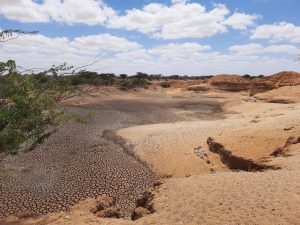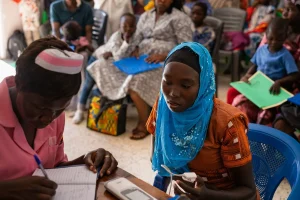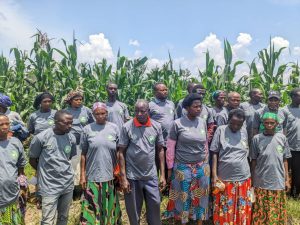World Heart Day: RBC warns of growing threat of cardiovascular diseases
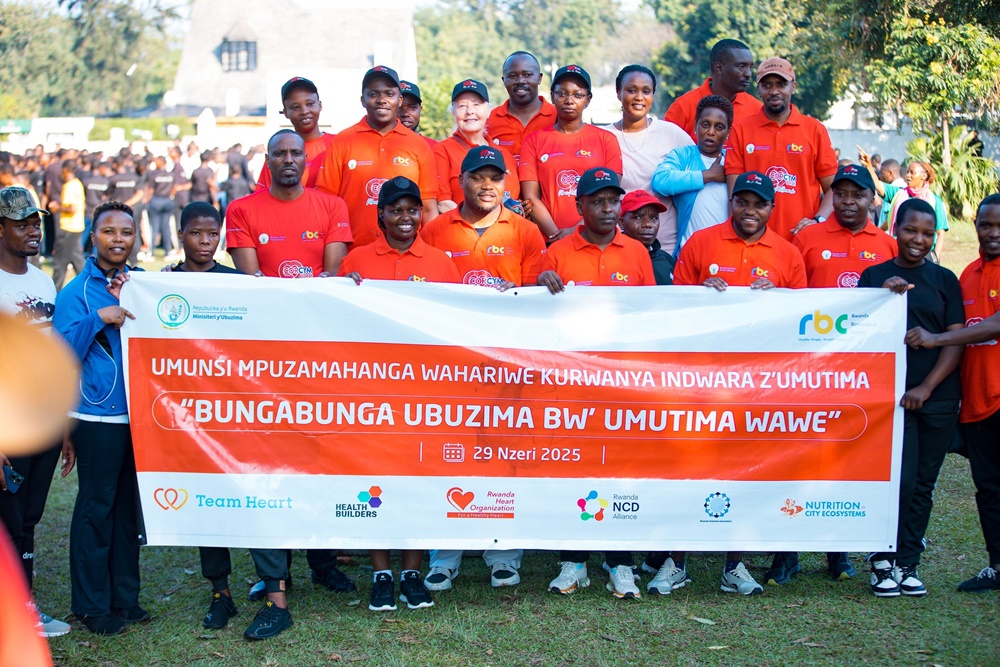
Rwanda Biomedical Centre (RBC) has urged citizens to prioritize prevention and early detection of cardiovascular diseases (CVDs), warning that these conditions remain the leading cause of death in the country and are increasingly affecting younger populations.
The call was made during World Heart Day celebration held on September 28, 2025, in Gisenyi Sector, Rubavu District, under the global theme “Don’t Miss a Beat.” The event brought together health officials, local leaders, and residents for sports, community screenings, and public awareness activities.
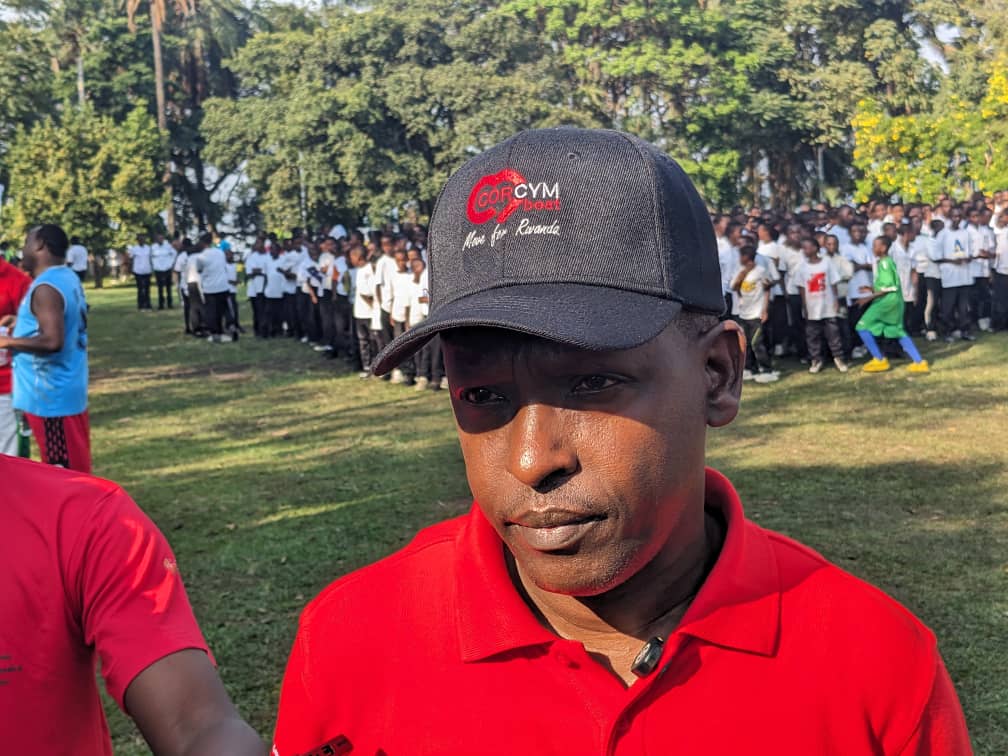
Dr. Evariste Ntaganda, Director of the Cardiovascular Diseases Department at RBC, said the silent nature of non-communicable diseases, including heart conditions, makes them particularly dangerous.
“These are diseases that often do not show symptoms. They only become visible when other organs are already affected,” he explained. “For example, with blood pressure, you may walk with it unknowingly until you feel chest pain, blurred vision, headaches, or kidney problems.”
Ntaganda noted with concern that conditions once associated with old age are now appearing earlier.
“We used to talk about 70 years of age, but now it wouldn’t surprise you to see someone as young as 40 with diabetes, high blood pressure, or heart disease,” he said.
He urged Rwandans to embrace preventive habits such as regular exercise, cutting back on fat and salt, and avoiding obesity, which he described as “the root cause of many non-communicable diseases.”
Community testimonies
Residents who participated in the Rubavu event said the awareness activities were an eye-opener.
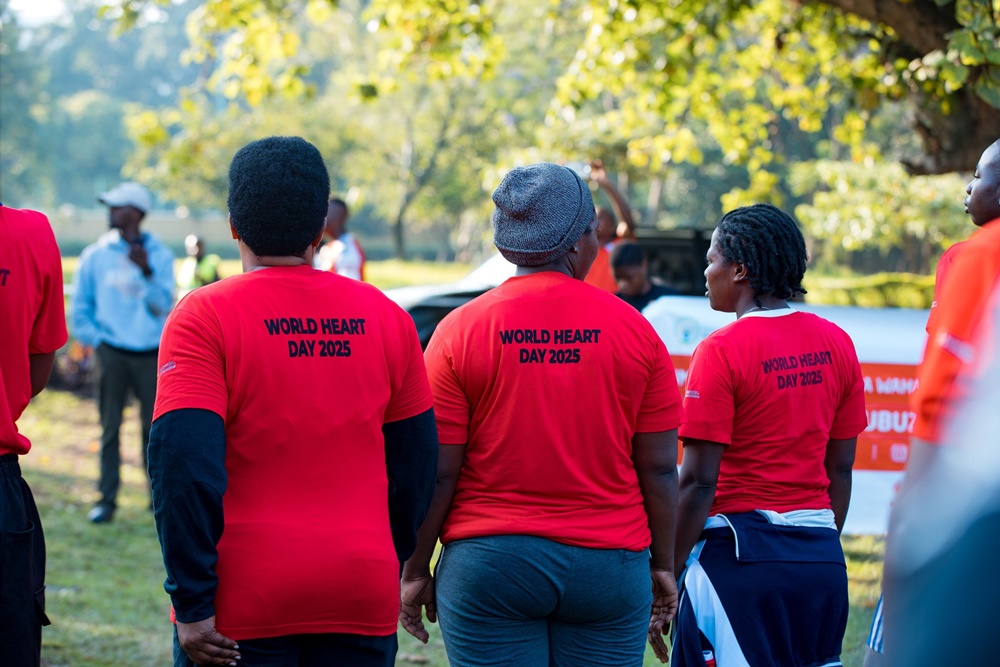
Liberata Nyirahabimana, a Gisenyi resident who has battled high blood pressure since 2019, shared how ignoring doctors’ advice almost cost her life.
“I didn’t follow the recommendations. I kept eating chips, meat, and fatty foods, and my blood pressure got worse,” she recounted. By 2022, her condition deteriorated so badly that she suffered a heart attack.
Nyirahabimana initially suspected witchcraft, delaying treatment further. “Doctors warned me I could die if I didn’t change. I started exercising, reduced fat, sugar, and salt, and today I feel strong again. My blood pressure has dropped, and my weight is under control,” she said.
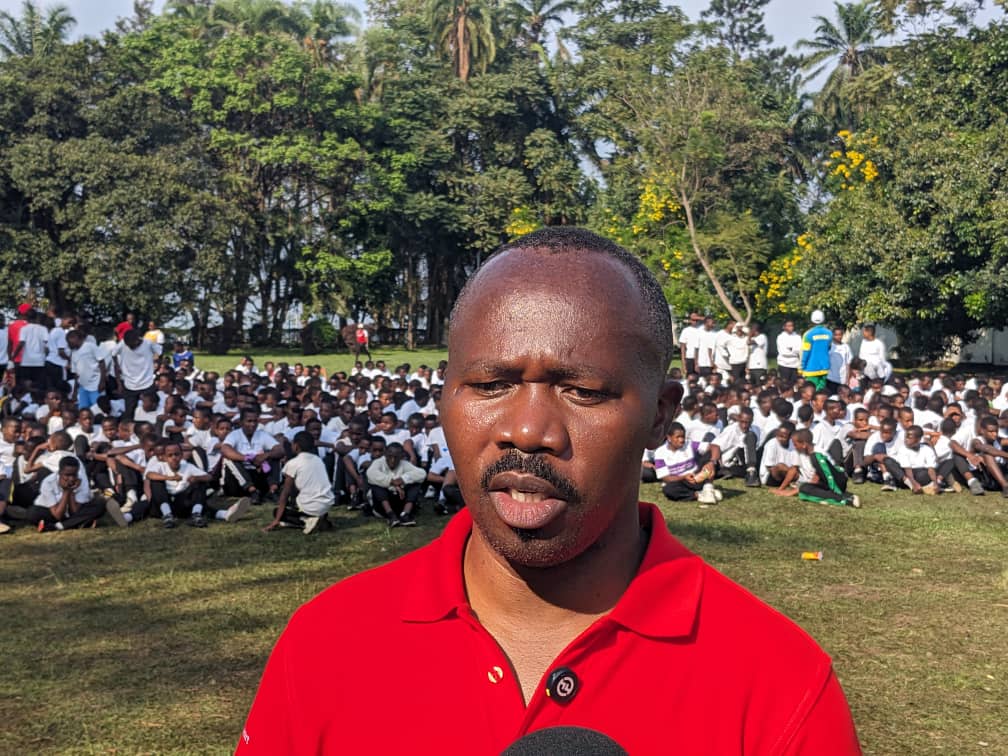
Rubavu District Mayor Prosper Mulindwa said community activities such as mass sports and public screenings are vital in shifting perceptions.
“We see testimonies from people who did not know how alcohol or lack of exercise affects the heart,” he said. “These events help residents understand prevention in practical terms.”
Rising burden
RBC screening figures released during the campaign revealed the extent of the problem. Between September 22 and 27, a total of 1,169 people were screened in Rubavu District. Of these, 88 (7.5%) were found to have heart disease, 481 (40%) had high blood pressure, and 55 (5%) had high blood sugar levels.
At the national level, RBC’s 2022 survey showed that 16.8% of Rwandans aged 18 to 69 live with high blood pressure, underscoring the urgency of prevention efforts.
Globally, non-communicable diseases account for more than 70% of all deaths, according to the World Health Organization, with cardiovascular diseases (CVDs) leading the toll. In Rwanda, CVDs are responsible for 47.7% of deaths in health facilities and 59.3% of community deaths.
A national call for action
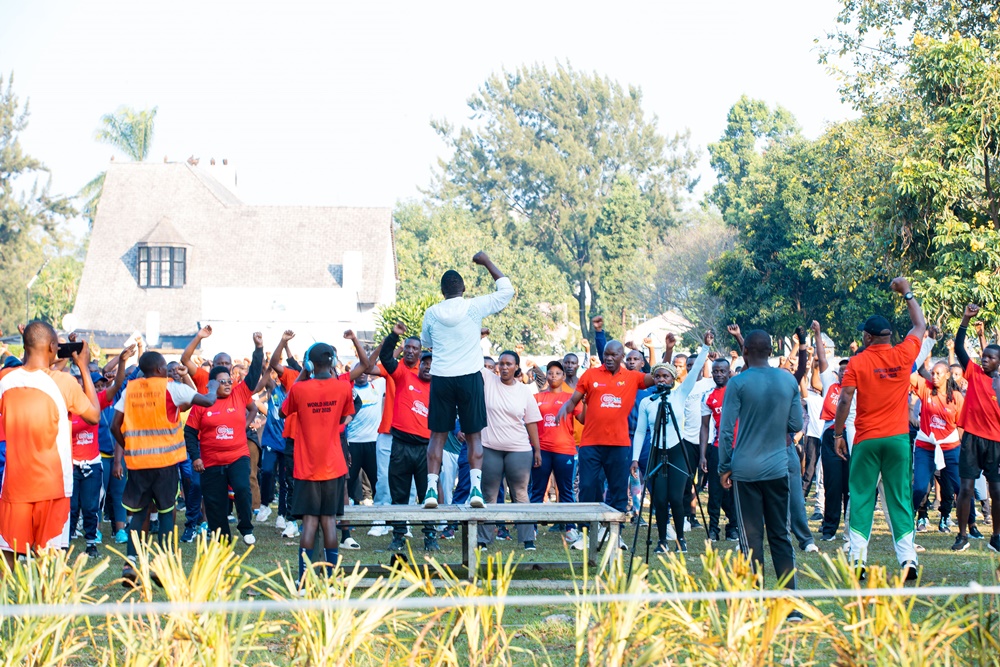
World Heart Day activities in Rubavu included a community walk, public sports sessions, mass screenings, and other awareness campaigns on heart health. RBC also engaged community health workers to improve outreach and mobilization.
“Cardiovascular diseases are largely preventable,” Dr. Ntaganda emphasized. “Every moment counts. Don’t wait until symptoms show, protect your heart today.”

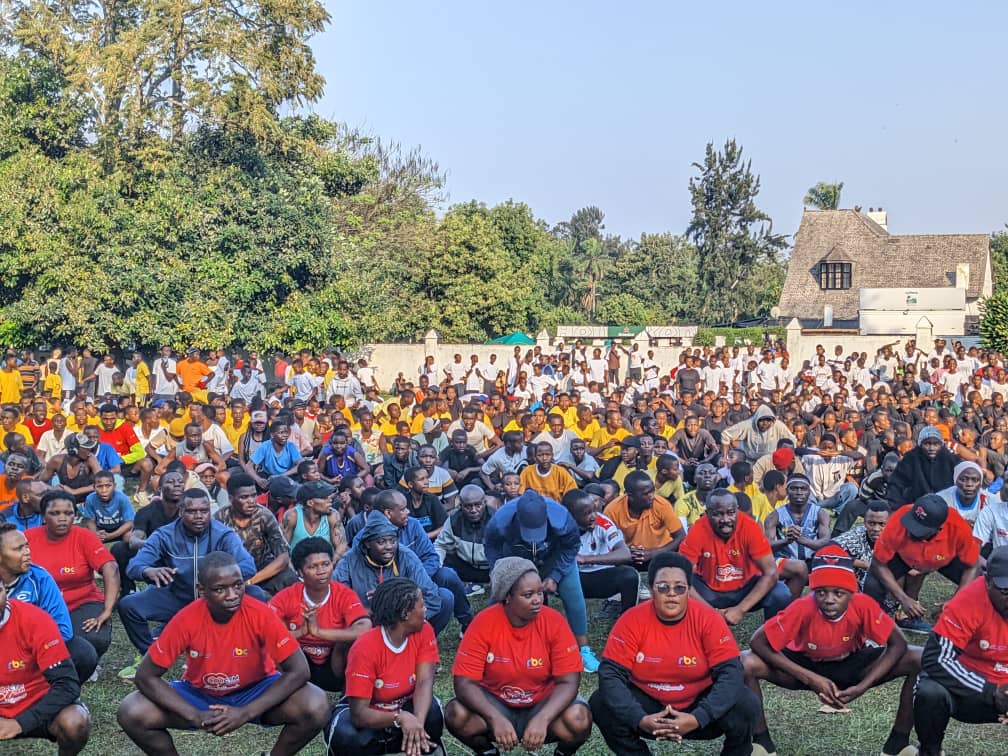
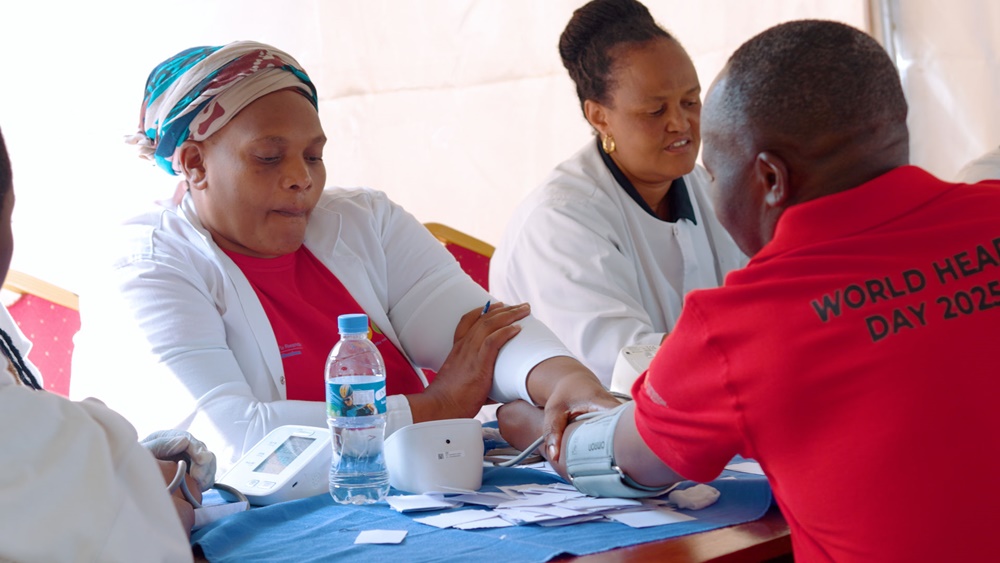
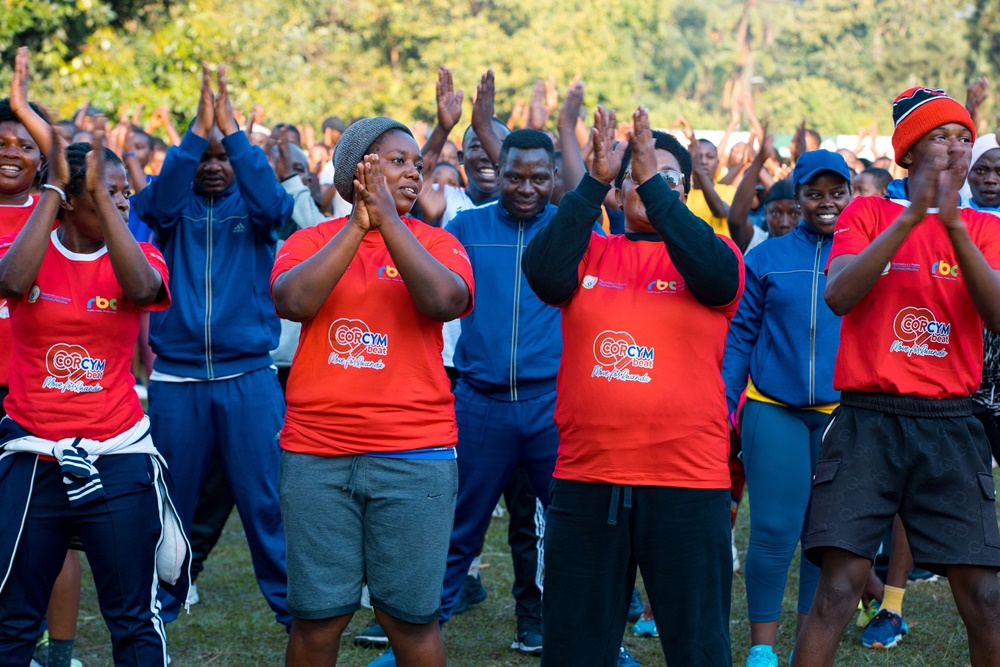

SUBSCRIBE TO OUR NEWSLETTER







